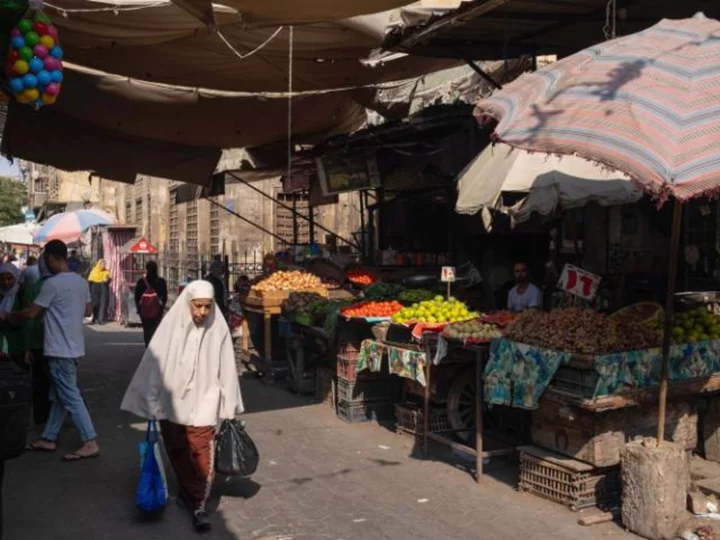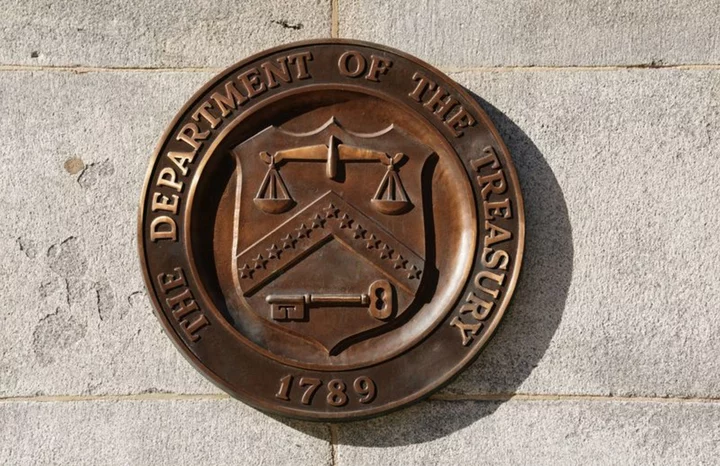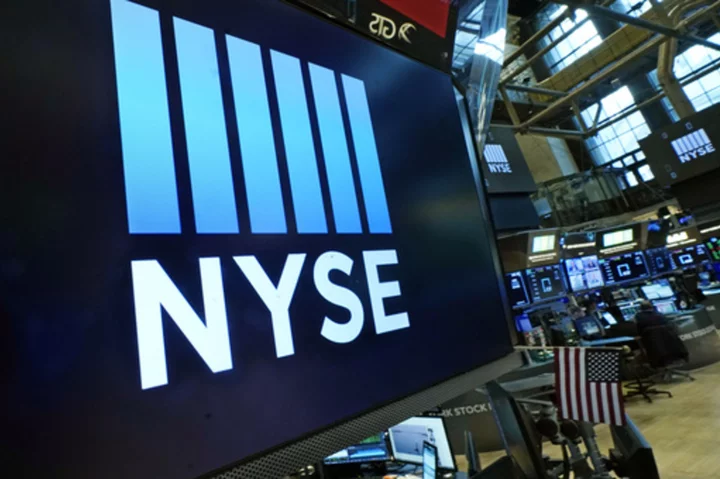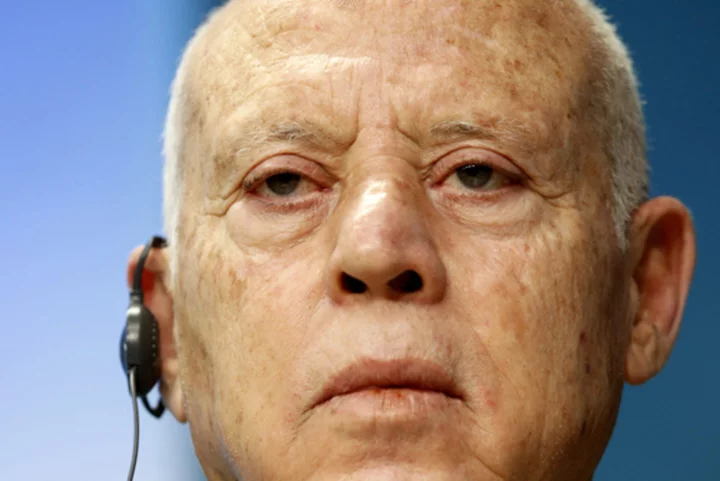The Israel-Hamas war is likely to hurt other economies in the Middle East, including Egypt, Lebanon and Jordan, International Monetary Fund (IMF) managing director Kristalina Georgieva said Wednesday.
"The channels of impact are already visible," she told CNN's Richard Quest at the Future Investment Initiative — dubbed "Davos in the Desert" — in Saudi Arabia.
Tourism will likely take a hit, and the cost of insuring the movement of goods will go up. Investors will also be more cautious about traveling to the region, and there is a risk of higher numbers of refugees in countries "already accepting more," she added.
The IMF sees an "incredibly resilient world economy, but jittery and more so," as a consequence of the war, Georgieva said.
Her comments highlight that the economic fallout from the war is only likely to grow, even as financial markets remain relatively sanguine about the consequences for now.
After an initial spike following Hamas' brutal attack on Israel on October 7, oil prices have pulled back and remain well below the September highs reached when output cuts by Saudi Arabia and Russia gripped markets.
Meanwhile, yields on US government debt, which move opposite prices, are hovering around highs not seen in over a decade, indicating there's yet to be a resurgence of a brief flight to safety that took place in the immediate aftermath of the Hamas attack.
While Wall Street has largely brushed off the war, the United Nations Conference on Trade and Development (UNCTAD) warned Wednesday of dire consequences for the already hobbled "Palestinian economy," referring to Gaza and the West Bank, including East Jerusalem.
"It's very difficult to make a proper assessment [of the damage]... [but] it's going to be in the tens of billions of dollars," Richard Kozul-Wright, director of UNCTAD's globalisation and development strategies division told reporters.
"The vicious circle of destruction and partial reconstruction must be broken by negotiating a peaceful solution based on international law," he said, quoting directly from a report the UN agency published last month.
Gross domestic product in the Palestinian economy grew by 3.9% in 2022.
But it remains sharply below its pre-pandemic level on a per capita basis, according to the report, which highlighted "persistent challenges," including endemic poverty and declining foreign aid.
After accounting for inflation, GDP in Gaza was close to its lowest level since 1994.
"Living in Gaza in 2022 meant confinement in one of the most densely populated spaces in the world, without electricity half the time, and without adequate access to clean water or a proper sewage system," UNCTAD said in a statement Wednesday.
High interest rates 'here to stay'
Despite rising risks in the region from the war, Saudi Arabia's annual investment conference has drawn scores of top names on Wall Street, several of whom sounded a gloomy note on the global economy during a discussion Tuesday.
These sentiments were echoed by Georgieva who said that the war is happening at a time when "growth is slow," interest rates are high and public debt has increased, after governments spent big to cushion the blow to their economies from the Covid-19 pandemic and the Ukraine war.
"Our call to everybody is, buckle up. Make sure that you understand [higher] interest rates are here to stay for longer," she said, pointing to the fact that inflation was not falling fast enough.
"What we are projecting is inflation to stay above 2% through [2024] maybe even somewhat in [2025], and only then we would see interest rates moderating to where they should be: in positive territory but not so high."
— Winston Lo contributed reporting.









